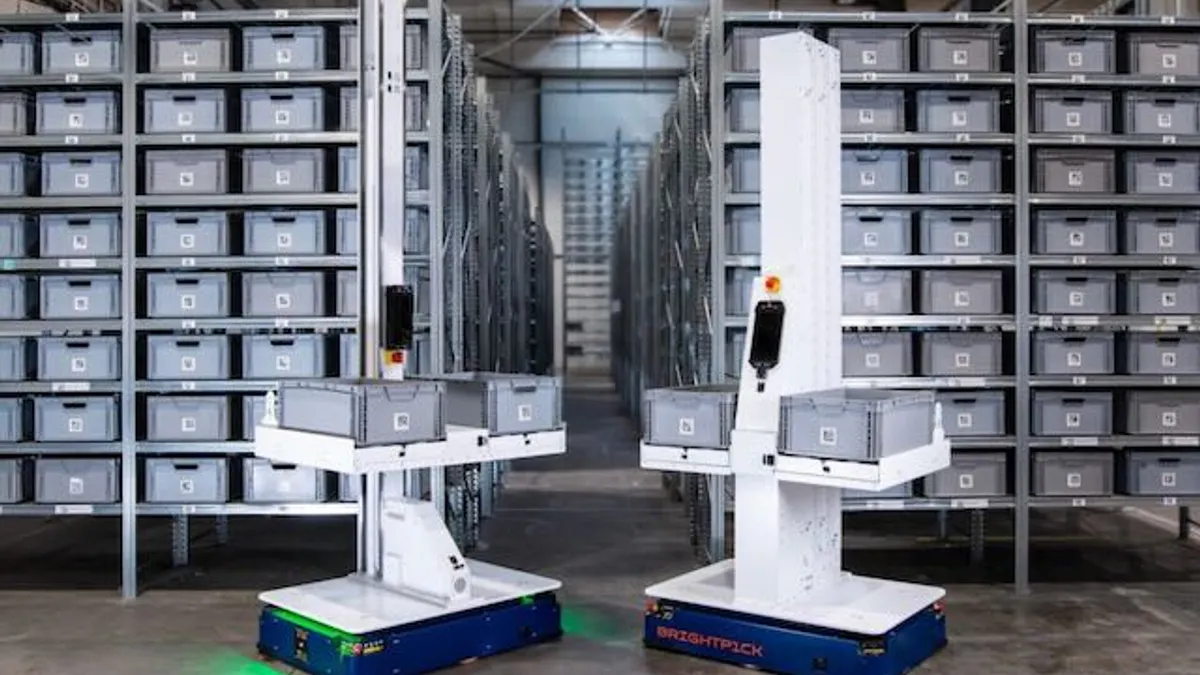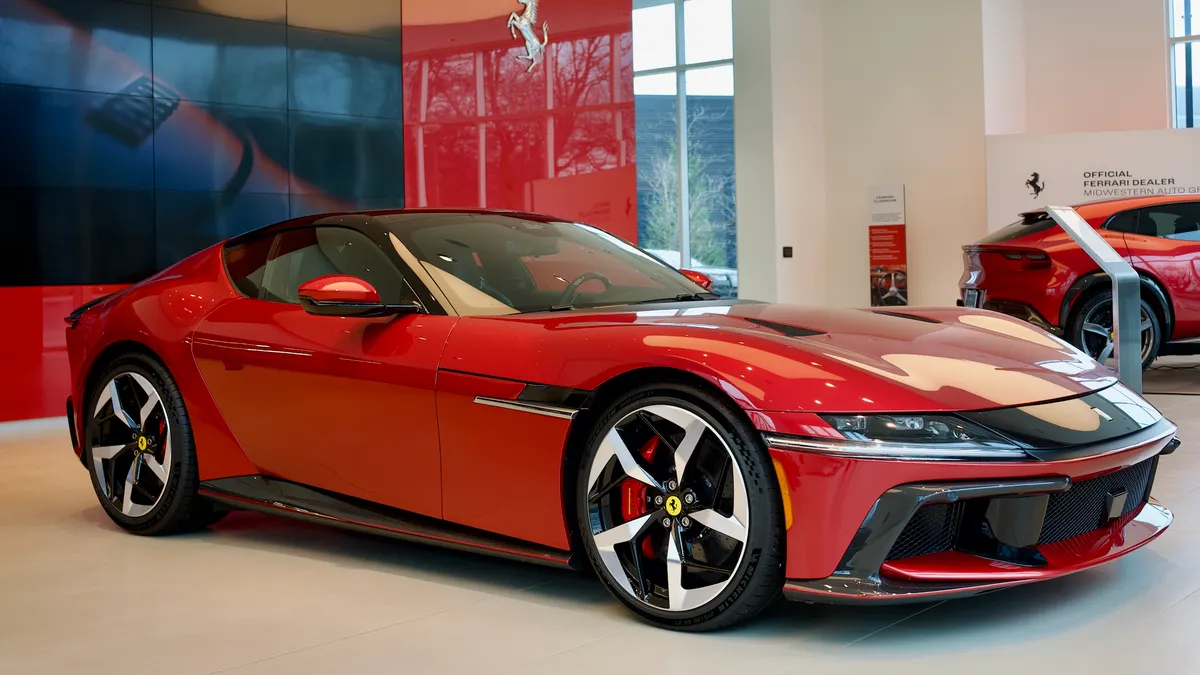Editor's note: This story is part of the WardsAuto digital archive, which may include content that was first published in print, or in different web layouts.
Chinese automaker Geely will sell about 3,000 units online in China in 2014, five years after launching Internet sales on the country’s leading e-commerce site.
“The impact of Internet firms has been a major success for the company,” Geely spokesman Ashley Sutcliffe says.
Consumers have embraced e-commerce in China, the world’s most networked country. They are willing to buy just about anything online, including cars, and thus a new distribution model is being created.
But don’t count traditional dealerships out. They still play a crucial role.
“E-commerce in the automotive market is taking off,” says Paul Hu, chief marketing officer for Greater China and ASEAN at Volkswagen Group China. “In my personal opinion, online sales in the total car market in China will account for 10% in the near future.”
Shanghai Volkswagen, one of VW’s joint ventures in China, sells cars online in China though a handful of sites. Customers place orders online, but pick up the vehicle at a dealership.
“We do believe that there is some disruption to come to the distribution model, but it is not imminent,” says Kyle Dickie, CEO of Sewells Group, a dealership best-practices consultancy. “In China, there is an unusually high level of trust still placed in the sales consultant. In other words, consumers still want to interact face to face.”
Smartphones are the disruptive agent. By the end of 2014 China was to have more than 500 million smartphone users, says Wang Xiangrong, an official with China’s State Internet Information Office.
Those phones are kept busy buying stuff. Beijing-based iResearch predicts 2014 online retail sales in China will surge 45.8% to RMB2.76 trillion ($444 billion).
The explosion of online commerce in China is aided by e-commerce giants such as Alibaba, Tencent and Baidu. All are playing a role in changing the vehicle-distribution model in China.
Alibaba owns Tmall, the country’s leading e-commerce site. Formerly called Taobao, it is the site where Geely launched Internet sales. Last year, Alibaba partnered with another Chinese automaker, SAIC, to create an Internet-enabled car.
Though consumers can buy a Geely car online, dealers still close the deal. “Consumers can pay a deposit or pay for cars outright online, (but) the official sale will be handled by the nearest dealer,” says Sutcliffe.
That allows the dealer to sell additional products to the buyer and also gives the customer a point of contact for aftersales service, he says. Geely has some 800 dealerships in China.
Demise of Dealerships From Ride Sharing?
Online sales aren’t what will cut dealers out of the sales loop, argues Bill Russo, managing director at consultancy Gao Feng in Shanghai. Business-to-consumer connected-transportation applications might, however. These basically are ride-sharing applications but in China taxi drivers are used.
“Empowered with technology, consumers of mobility services are likely to make choices other than what the automakers and their dealers are offering today,” says Russo.
China’s Internet giants are deeply involved in mobility services.
Alibaba is an investor in Kuaidi Dache, a taxi application that sometimes tops 6 million daily orders. Tencent offers the taxi app Didi Dache, which claims more than 100 million registered users and says it processes more than 5.2 million orders daily.
The Baidu search engine has 500 million monthly mobile users and offers Baidu Maps and Total View, which uses satellites to show actual locations. It is a Chinese version of Google Maps’ Street View; Google is blocked in China.
The U.S. ride-sharing service Uber has just entered the China market and will use Baidu’s maps and Street View.
Internet-savvy young Chinese increasingly are becoming accustomed to using such services, says Russo. They “are increasingly likely to opt out of traditional car-ownership hassles,” he says.
Geely is one automaker that is playing both sides. It owns London Taxi, a famous brand in the U.K. A few months ago it introduced a fleet of the vehicles in Shanghai.
The iconic taxis – which in Shanghai are gold, rather than black – are larger than regular taxis and equipped to accommodate wheelchair users or others with special needs, says Sutcliffe. Right now they can only be summoned using a phone.
“There are plans for an app,” Sutcliffe adds.

















